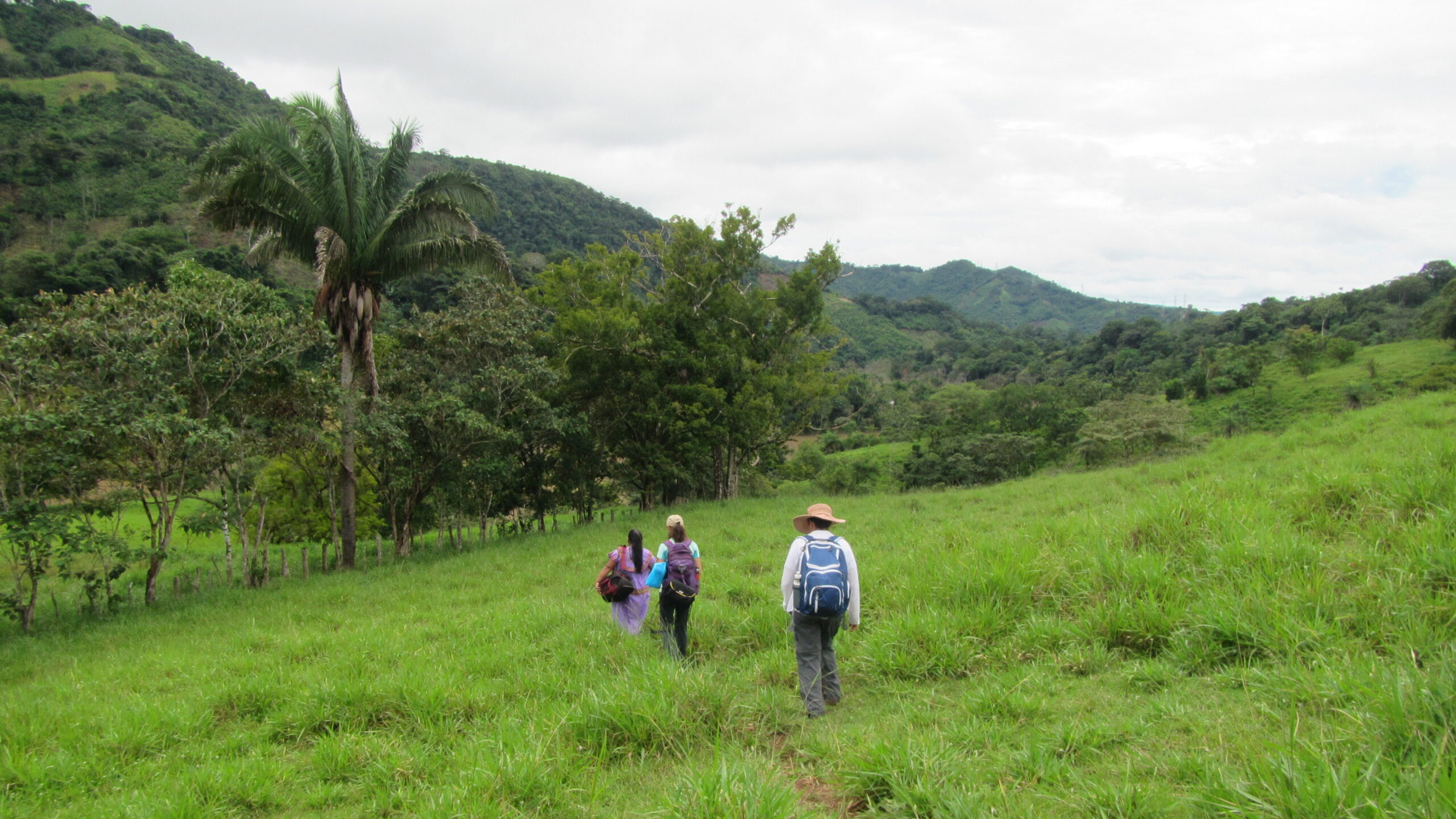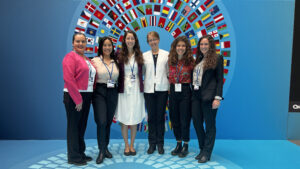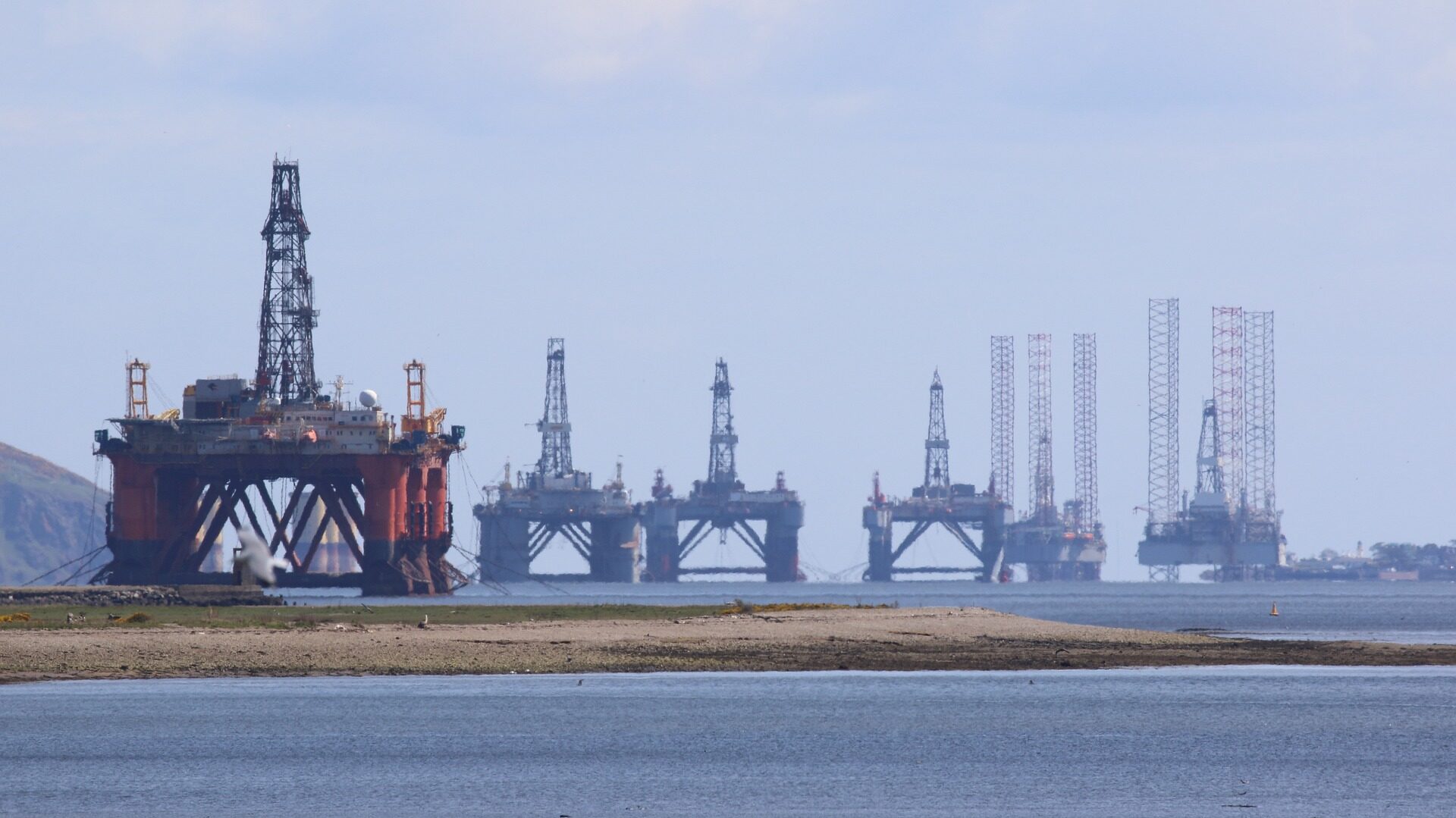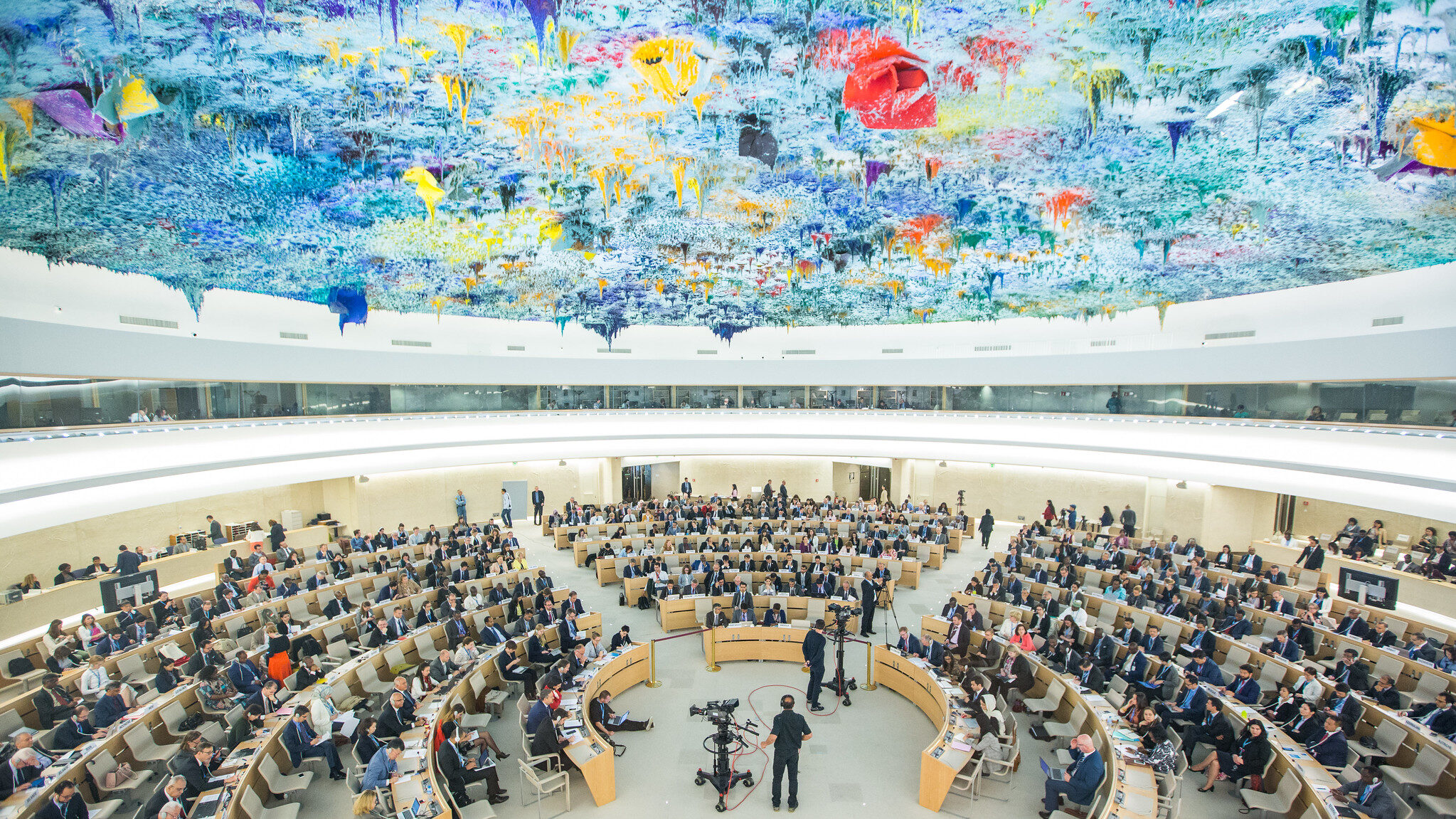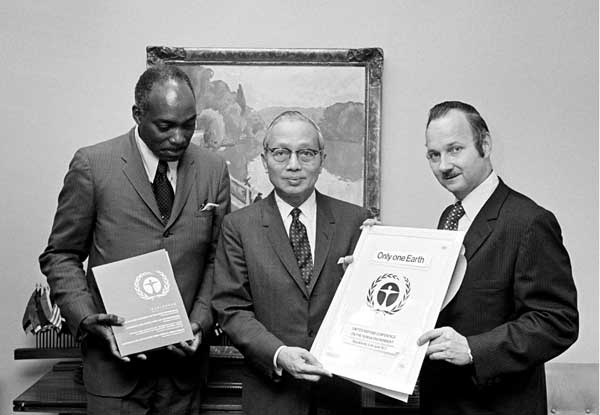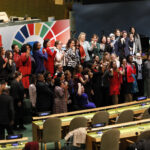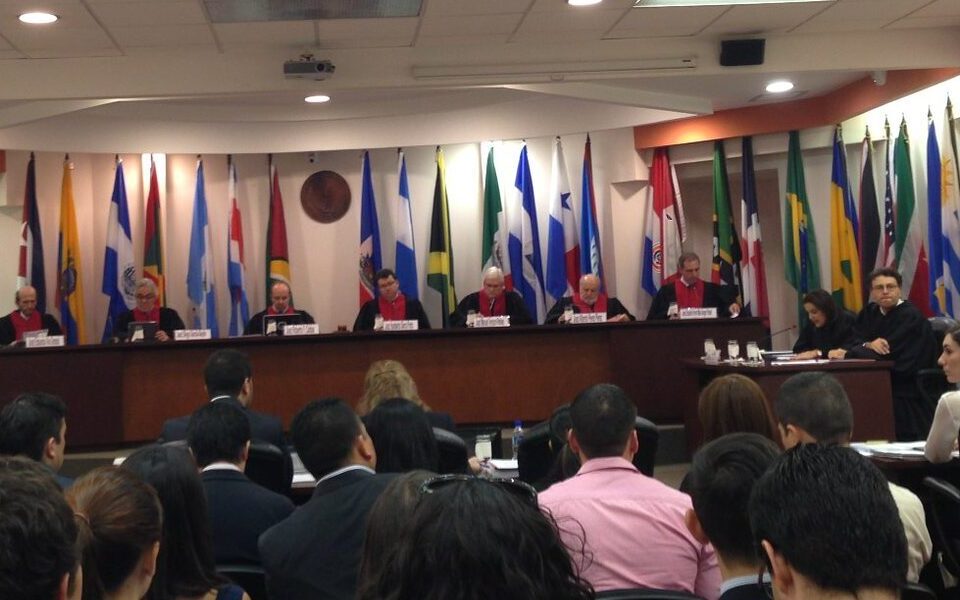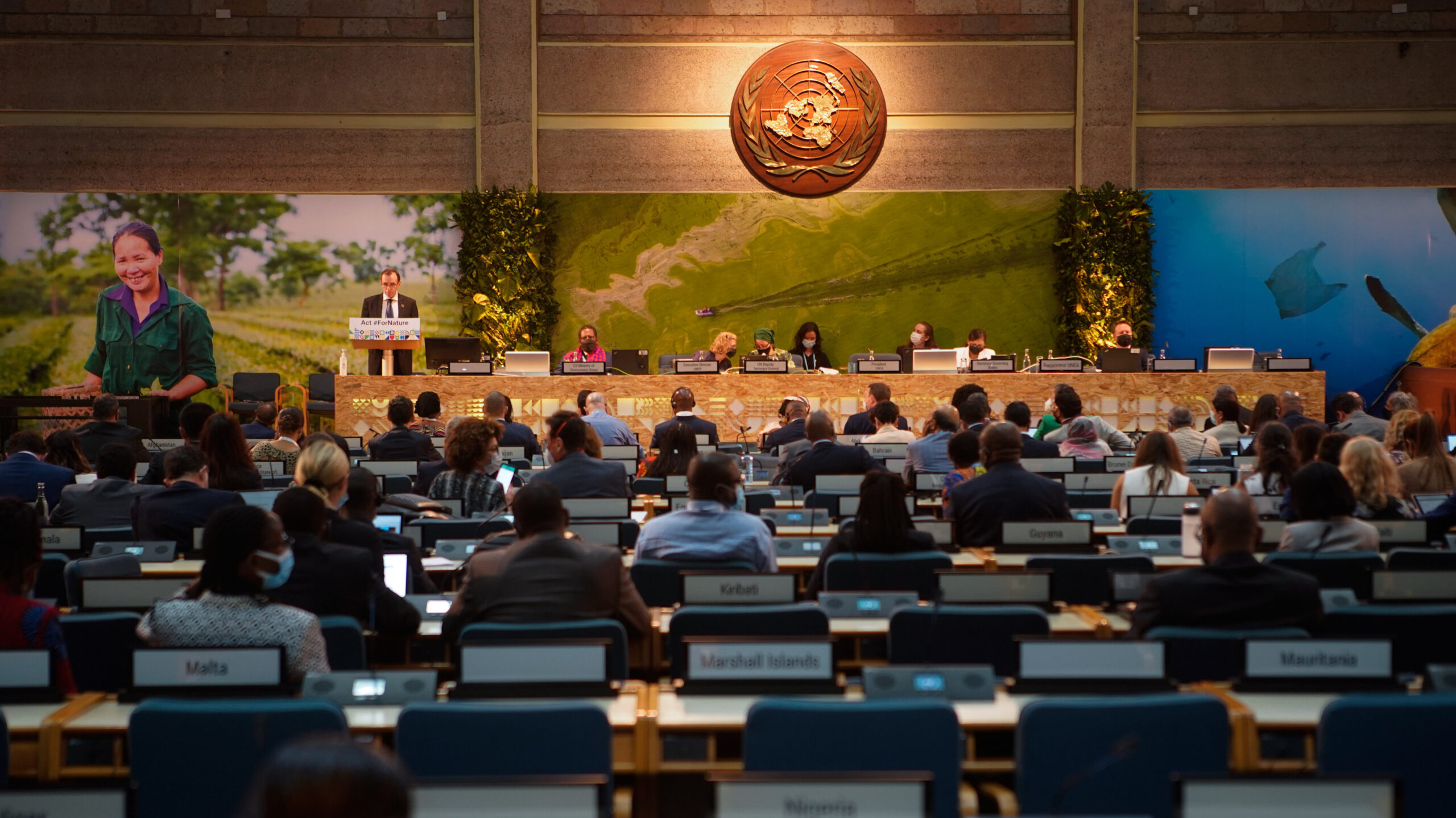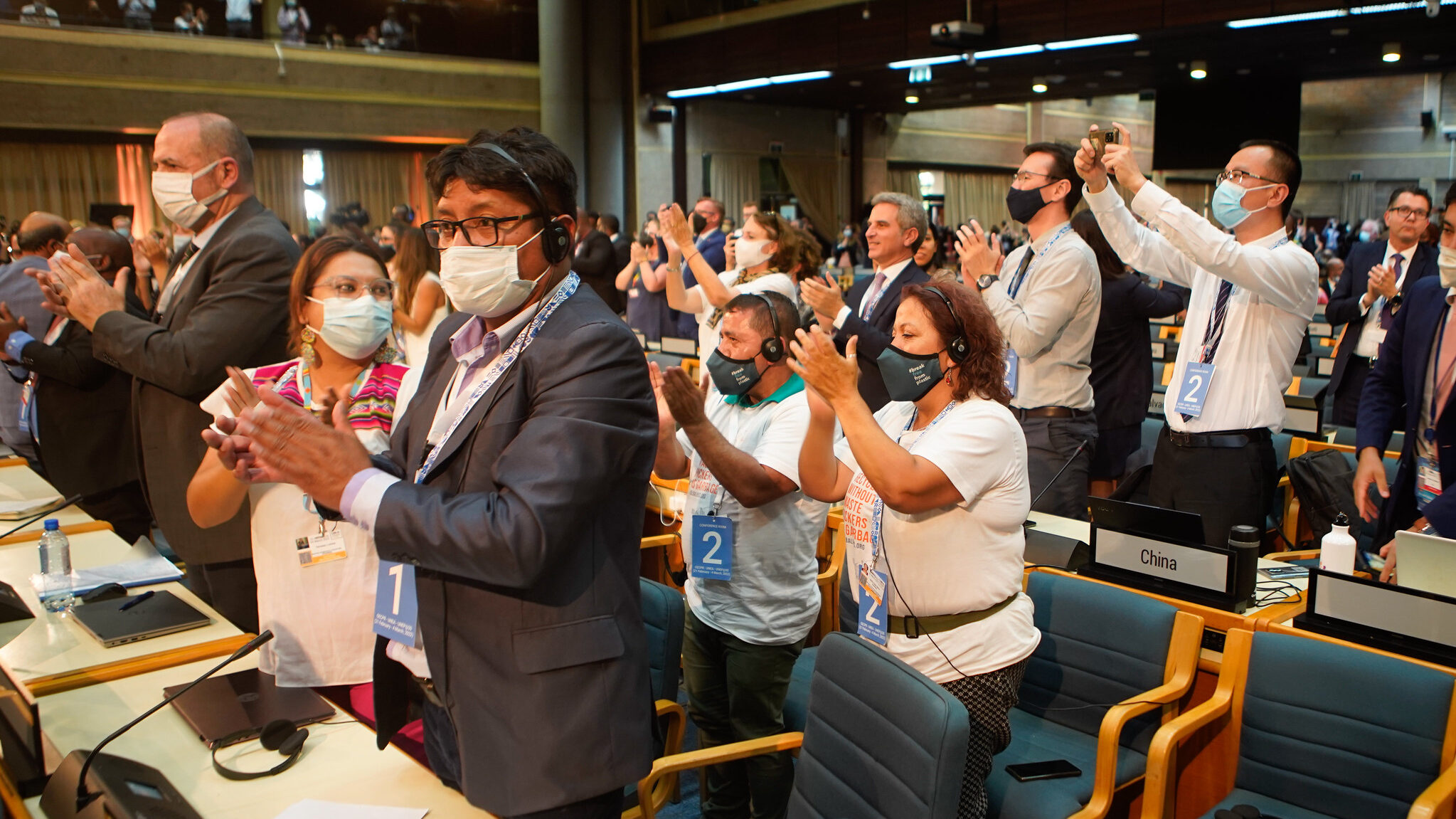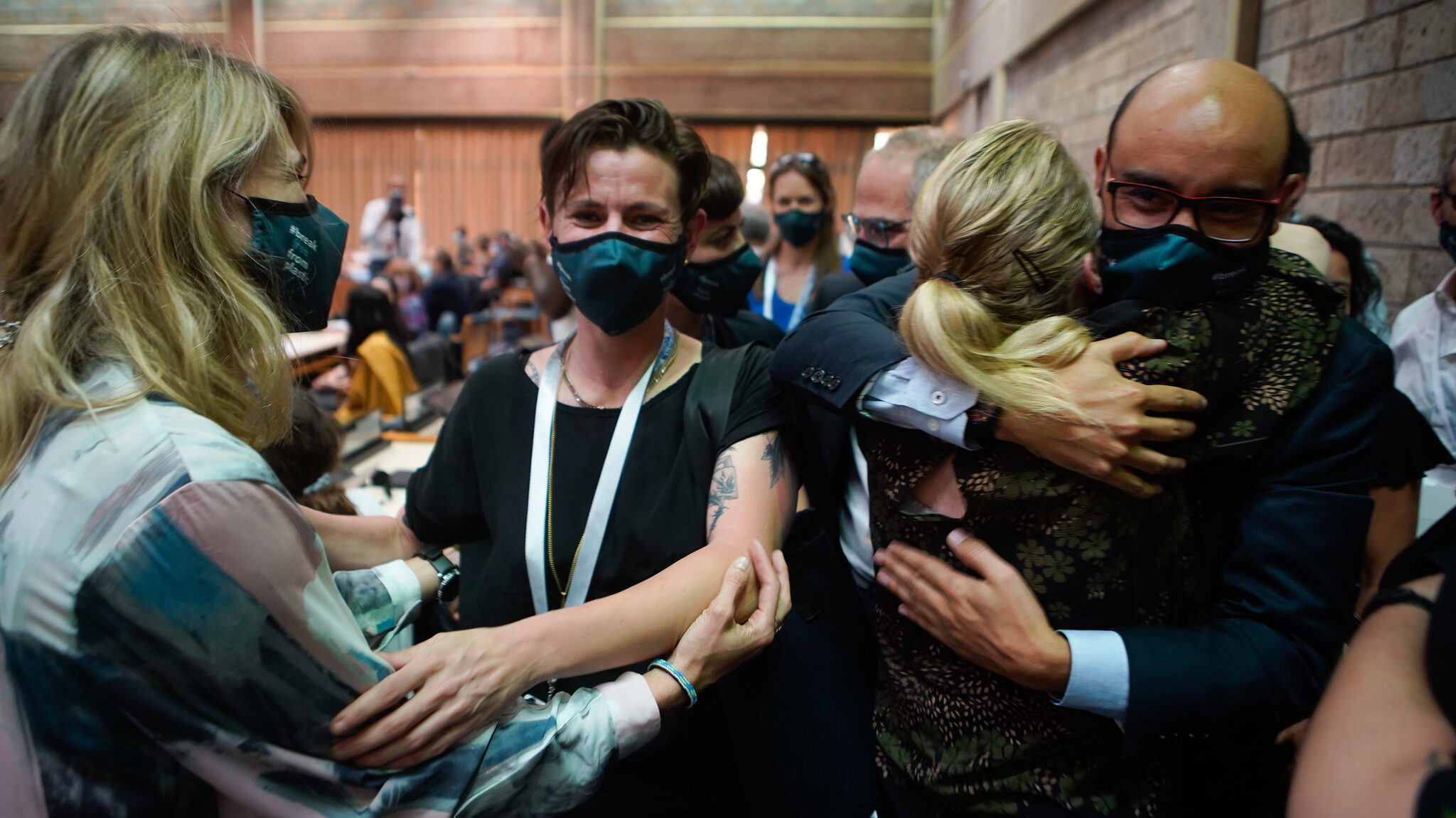Peru’s rainforests are among the most diverse in the world, providing habitat for an array of endemic species and land, water, and livelihoods for half a million people. Both the forest itself and the people and species that depend on it are facing an existential threat from rampant illegal logging, the world’s most lucrative environmental crime.
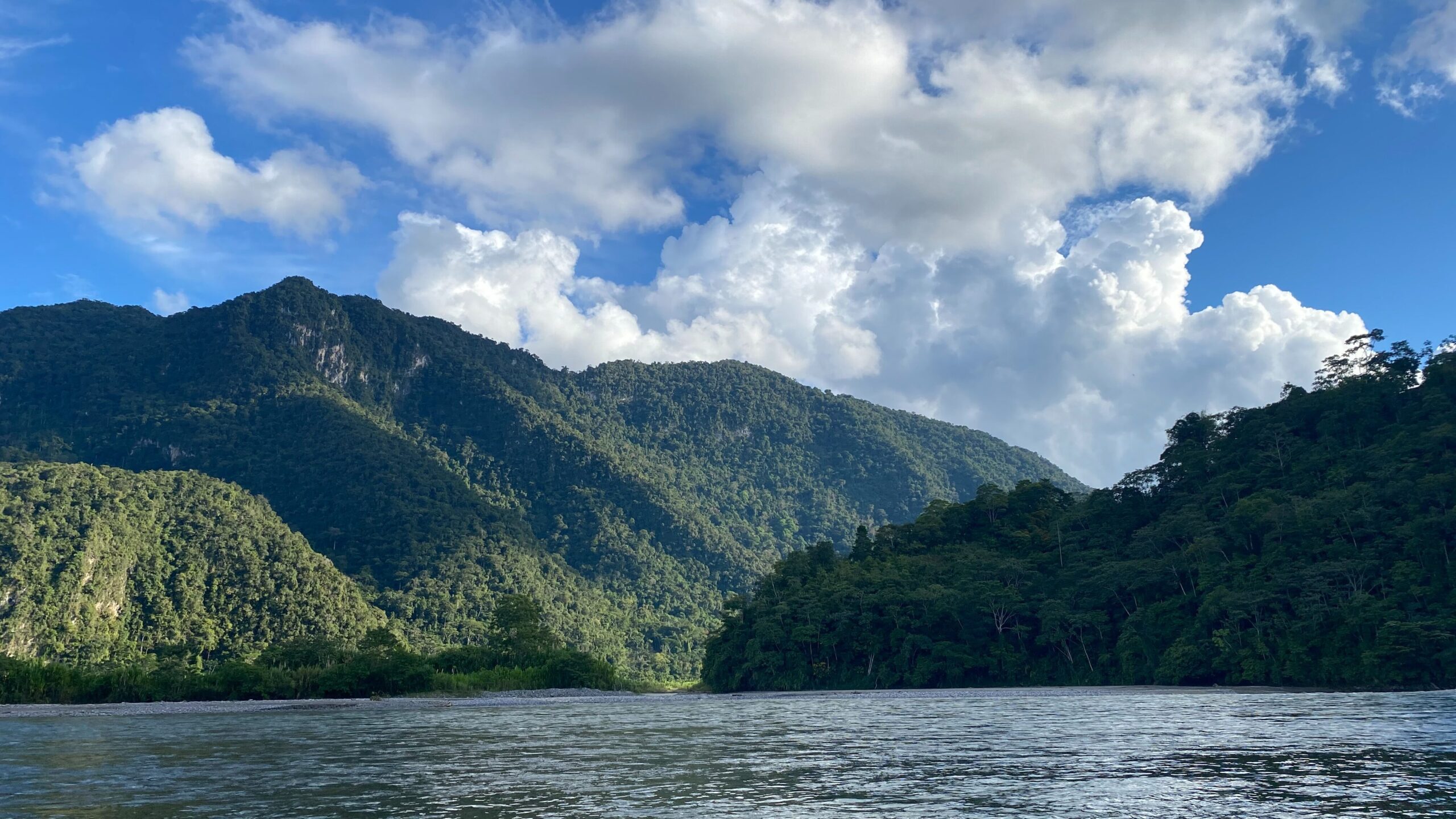
From 2012 to 2016, CIEL Fellow Rolando Navarro Gómez had the support, independence, and autonomy to fight the illegal logging mafia, as the head of the Peruvian Agency for Supervision of Forest Resources and Wildlife (OSINFOR). Forced into exile in 2016, Rolando has continued his work from a new home at CIEL, developing systems to identify illegal timber exports, building capacity for sustainable and legal community forestry, and providing critical information about illegal activities to authorities that has been essential in reducing illegal deforestation.
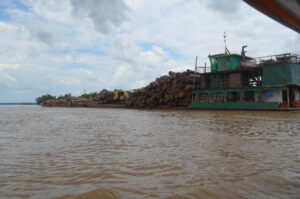
Rolando’s six-year investigation contributed to Peru’s largest case on illegal logging and its associated trade, and resulted in the filing of criminal charges. In September 2021, a Special Prosecutor in Loreto, Peru, presented the charges against alleged perpetrators of illegal logging and trade of Amazonian wood intended for export to the Dominican Republic, Mexico, and the United States. These charges are a serious blow to the timber mafia and organized crime networks that operate within the forestry and environmental sectors. The cases represent an important step in a near decade-long process to hold dozens of forest regents, concessionaires, business people, and public officials responsible for their role in illegal logging and its associated trade.
The criminal charges filed in Peru came only weeks after another important advance in September 2021, when Global Plywood and Lumber Trading LLC pleaded guilty to violating the Lacey Act, which combats illegal trafficking of wildlife, fish, and plants. Global Plywood purchased 85% of the wood in a 2015 shipment of illegal timber from Peru to the United States. As a result, the court sentenced the company to pay $200,000 in restitution to Peru’s Ministry of the Environment along with an additional fine. The charges and guilty plea stem from Operación Amazonas 2015, an investigation of illegal timber in Peru, which was led by OSINFOR under Rolando’s leadership, and the Peruvian Customs and Tax authority, in coordination with other national offices, the World Customs Organization, and Interpol. CIEL’s publications contributed to the pressure on both the US and Peruvian authorities to continue to pursue the cases.
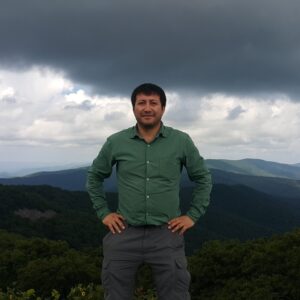
“While the administration of justice has taken six years, the decision to file criminal charges provides some degree of hope that there will be meaningful accountability. This represents a new chapter in the effort to respond to illegal logging in the Peruvian Amazon and it is one that will dissuade others from engaging in similar activities.”
– Rolando Navarro Gómez

